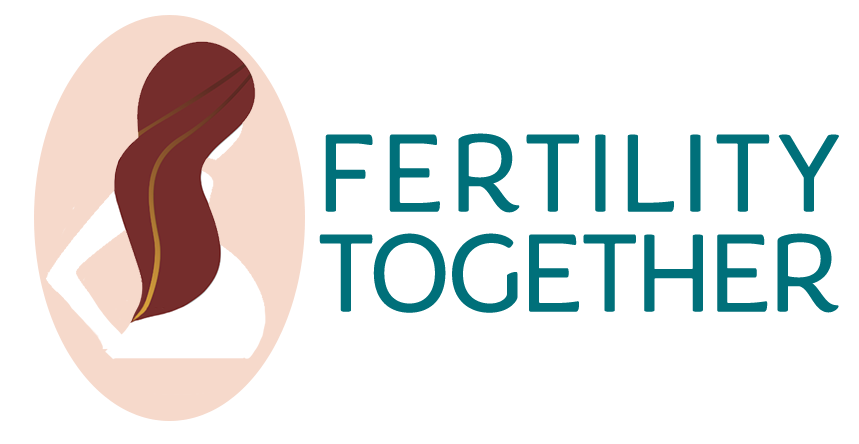
FEATURESIf there’s an infertility topic you want to learn more about or a concern you want to research, chances are one of our experts has written an article or two about it or has spoken about it in an interview.
Treatment for Pelvic Inflammatory Disease
Medically reviewed by Leyla Bilali
The first priority when it comes to the treatment of pelvic inflammatory disease (PID) is to deal with the underlying infection, even if you don't have any symptoms besides infertility when you're first diagnosed. PID can worsen over time. The sooner it's treated, the less damage you'll sustain to your reproductive organs.
PID can also lead to serious pregnancy complications, which is just one of the many reasons why PID must be treated before you get pregnant. Only after the infection is resolved should treatment of the resulting infertility be addressed.
Overview of Pelvic Inflammatory Disease (PID)
Medically reviewed by Leyla Bilali, RN
Pelvic inflammatory disease (PID) is an infection of the reproductive organs, occurring when bacteria travels through cervix to the uterus and fallopian tubes. PID can cause infertility, ectopic pregnancy, chronic pelvic pain, tubal or ovarian abscesses, adhesions, peritonitis (infection of a silk-like lining that covers the abdominal organs) and perihepatitis (inflammation of the coating of the liver). In rare, severe cases, untreated PID can lead to death.
Hydrosalpinx: Treatment, Diagnosis, and Causes
Medically reviewed by Leyla Bilali, RN
A hydrosalpinx is a specific type of fallopian tube blockage. The fallopian tubes extend from the uterus, one on the right and one on the left. If they become blocked or infected, infertility may result. Studies have found that hydrosalpinx blockages are present in 10% to 30% of tubal infertility cases.



